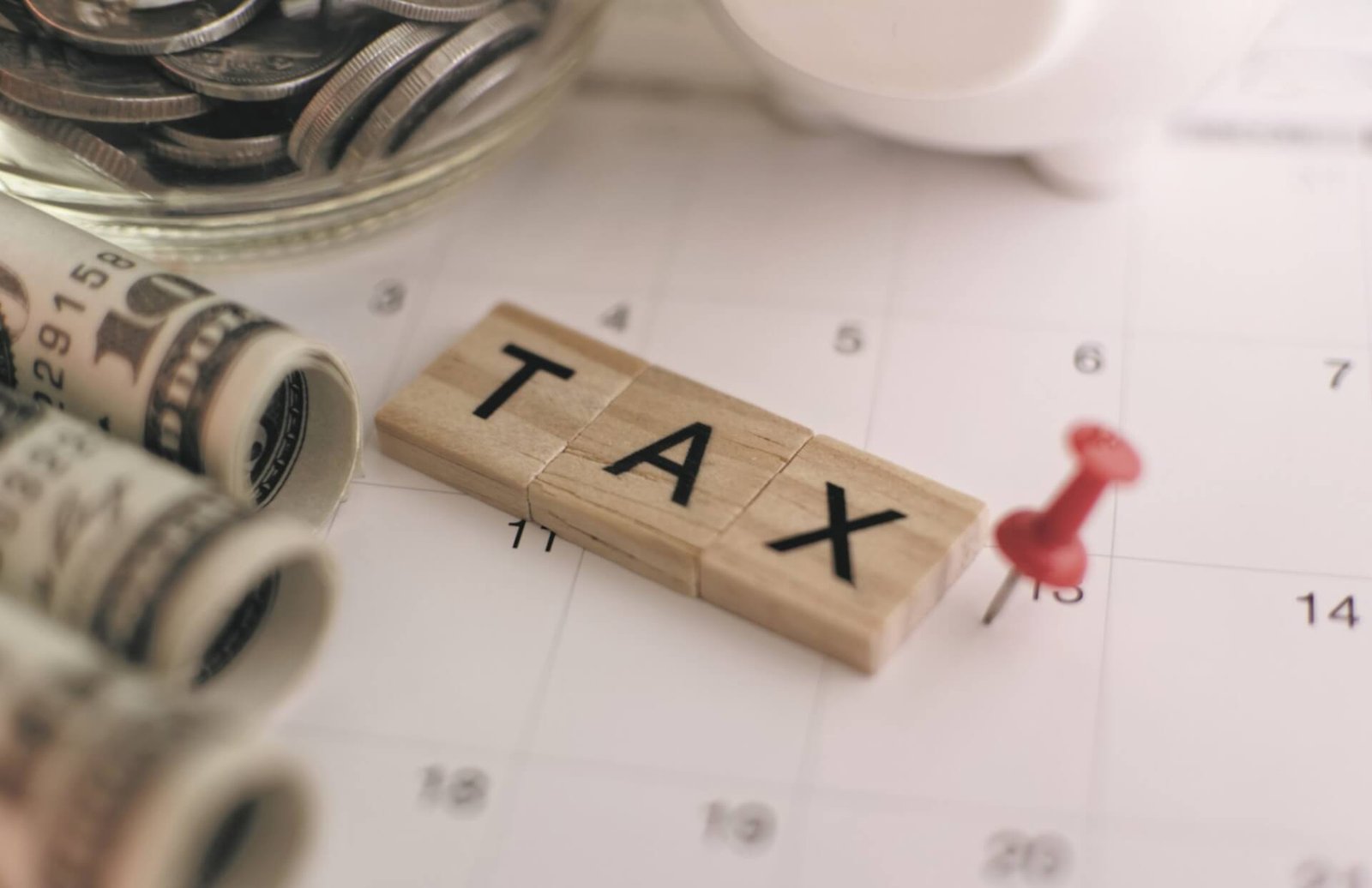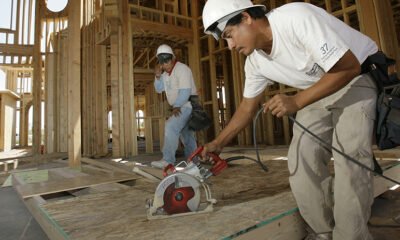2024 election
Trump Pushes for Higher Tariffs and Corporate Tax Cuts in Economic Clash with Harris

Former President Donald Trump announced on Thursday that he would implement measures to protect American industries if elected again, emphasizing a plan to increase tariffs on imports while reducing various taxes and regulations. He delivered these remarks to the Economic Club of New York as the economy continues to dominate discussions in the lead-up to the 2024 presidential election. Both Trump and his Democratic rival, Vice President Kamala Harris, have pointed to rising national deficits, exorbitant housing costs, and soaring grocery prices as major concerns for American voters.
In his speech, which covered a broad spectrum of issues, Trump framed his stringent immigration stance as an economic imperative, criticizing Harris for what he described as the Biden administration’s policy failures. He articulated a vision for an economic framework centered on corporate tax reductions and protectionist measures, predicting these actions would invigorate domestic manufacturing. “Some might say it’s economic nationalism,” Trump noted, “I call it common sense. I call it America First … We have to take care of our own nation and our industries first.”
Harris recently unveiled new tax proposals aimed at supporting small businesses during her address at a brewery in New Hampshire. In contrast to Harris’s tax relief measures, Trump proposed a reduction of the corporate tax rate from 21% to 15% while pledging to raise tariffs on foreign goods. He argued that tariffs would encourage U.S. companies to retain production jobs domestically.
Trump described his plan to create a “sovereign wealth fund,” funded by tariffs, which he asserted could generate substantial profits. He envisions this fund supporting vital sectors such as infrastructure, defense, and advanced medical research, in addition to assisting in managing the national debt. “Why don’t we have a wealth fund? Other countries have wealth funds. We have nothing,” he declared, promising its establishment would benefit all Americans.
As the debate over taxes intensifies, Trump criticized Harris’s potential tax policies, specifically targeting her plan concerning unrealized capital gains. He claimed that Harris’s approach would impose additional burdens on investors. He also vowed to make permanent the tax cuts enacted during his first term, emphasizing the significance of these issues as they approach expiration in 2025.
For her part, Harris has pledged to raise deductions for business start-up costs significantly, aiming to alleviate the tax burden on entrepreneurs. She also made headlines by diverging from President Biden’s capital gains tax plan, proposing a flat 28% rate for those earning over $1 million, in contrast to Biden’s more aggressive taxation strategy.
On immigration, Trump reiterated his hardline stance, contending that increasing migrant inflows are detrimental to American jobs, particularly for people of color. He claimed that the job market during the Biden administration has been adversely affected by undocumented immigrants, a statement for which he provided no empirical evidence. Trump is advocating for a strong deportation program, attributing record migration levels to current administration policies.
He projected “tremendous growth” from an undisclosed tariff percentage, asserting that these measures would generate billions in revenue, contributing to deficit reduction. However, critics caution that his strategy of raising tariffs and extending tax cuts could lead to higher costs for consumers and exacerbate the national deficit. Analysis from the University of Pennsylvania’s Wharton Budget Model indicates that maintaining the 2017 tax cuts may inflate the deficit by as much as $5.8 trillion over the next decade.
Trump also pointed to his legal challenges, claiming they have undermined the country’s economic stability. With ongoing criminal prosecutions linked to his post-presidency actions, he labeled the legal issues as politically motivated, suggesting they diminish investor confidence. “Nobody ever thought this was possible. This is how you create massive capital flight,” he claimed, asserting that restoring impartial rule of law in America would be his top priority if he returns to office.


















